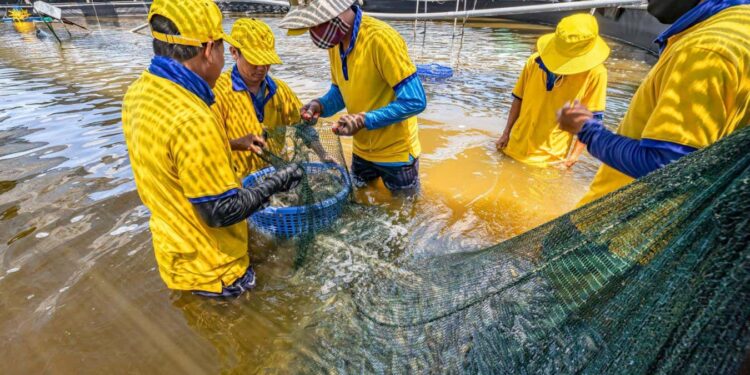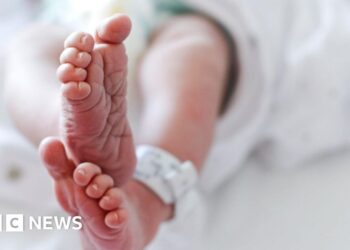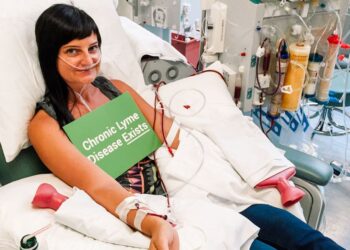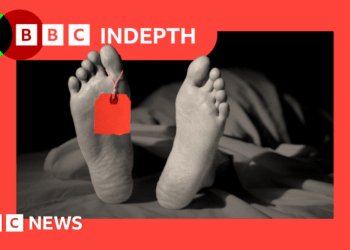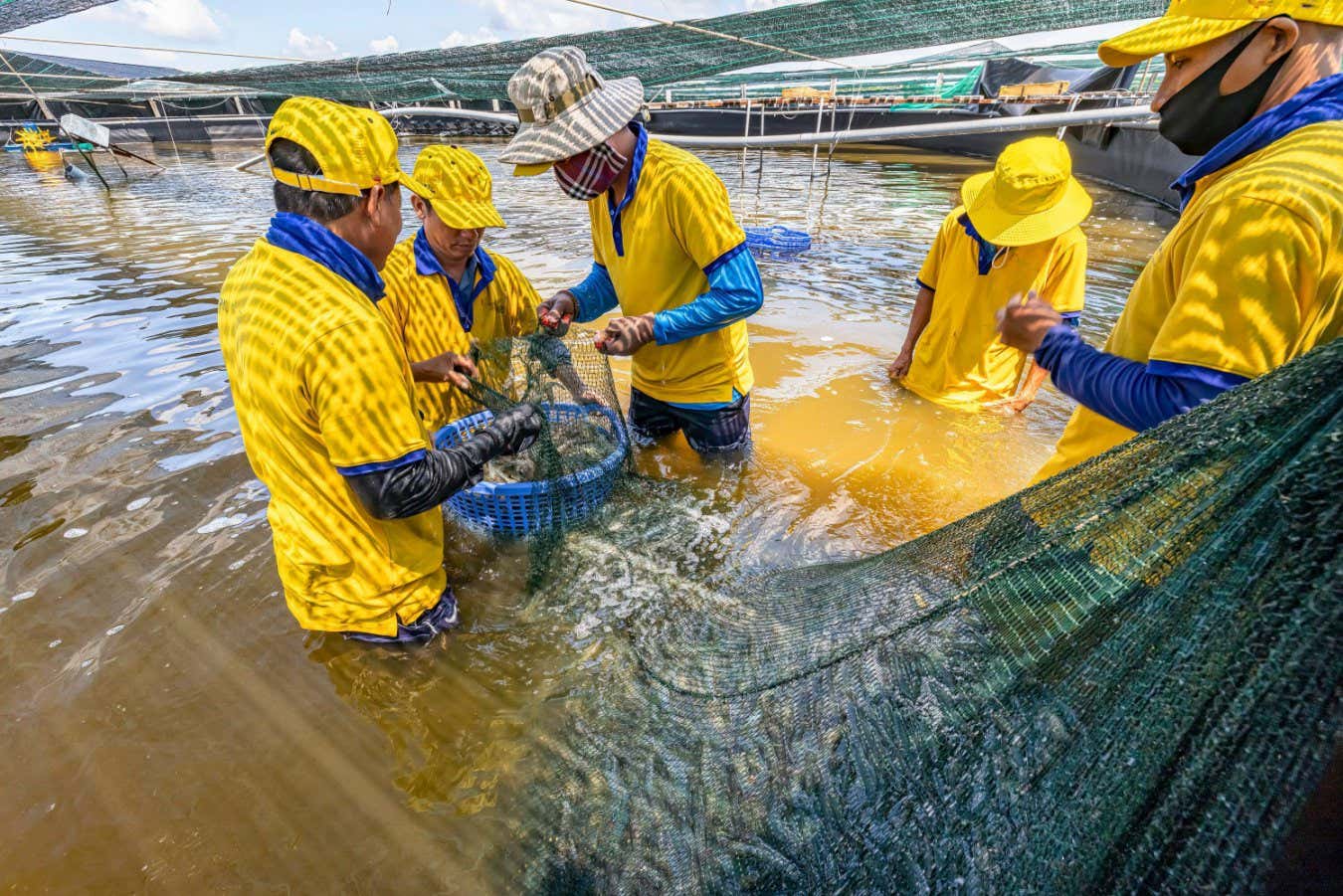
Shrimp harvesting at a farm in south-east Vietnam
Quang Ngoc Nguyen/Alamy
On Natural Capital
Partha Dasgupta (Witness Books (UK, out now); Mariner Books (US, 20 January 2026))
How much would things cost if the environmental harm caused by producing them were taken into account? What impact would that have on a country’s economy? Can we put a price on the importance of a pleasant living environment – or on the biodiversity around us?
In 2021, Partha Dasgupta, an emeritus professor of economics at the University of Cambridge, wrote a 610-page report delving into such questions for the UK government. His new book, On Natural Capital: The value of the world around us, is an attempt to broaden its appeal.
How successful you think Dasgupta is will depend on your enthusiasm for relatively dry descriptions of economic concepts, surrounded by larger chunks of livelier writing. His main argument is that the way we use GDP to determine the success of a country’s economy is wholly inadequate. Human invention has been key to rising living standards throughout history, but, as Dasgupta writes: “Labour and capital saving devices, not Nature saving devices, were the entrepreneur’s goal.”
This is especially clear with the latest of humankind’s “labour and capital savings” efforts: artificial intelligence. The tech billionaires behind AIs promise incalculable hikes in productivity as they become ever more ubiquitous. Yet the amount of water required to cool the data centres that will run them is barely mentioned.
In his original report, Dasgupta wrote that estimates show that between 1992 and 2014, human capital per person – our health, education and skills – increased by about 13 per cent globally, but natural capital per person declined by nearly 40 per cent. To address this, he argues for the widespread adoption of “global inclusive wealth per capita”, to factor in nature.
This big picture can also be scaled down. Take shrimp farms in Vietnam and Bangladesh. Dasgupta reveals how they can negatively affect the “natural capital” of those countries in a way not reflected in the crustacean’s retail price. Creating shrimp farms typically means destroying some mangroves and salt marshes, he writes, thereby reducing their capacity to store carbon.
About 30 per cent of these animals’ diet comes from soya grown in plantations that displace tropical forests. Dasgupta cites case studies he has read to suggest that if their true environmental costs were taken into account, shrimp may have a 15 to 20 per cent higher export price. In other words, the richer countries buying the shrimp are getting a better deal than they should.
I won’t profess any deep knowledge or understanding of economics, but I do possess a general unease with the pursuit of economic gain at the price of great harms to the environment. So, what can be done? In an all-too-short chapter, Dasgupta offers ways in which we could value nature more. This includes collecting rent from shipping firms that cross the oceans. That cash could fund work to ease pressure on ecosystems worldwide.
These ideas make intuitive sense to me, but where is the detail? Dasgupta touches on the difficulties in making collective agreements and the lack of enthusiasm for a global shipping rent collector. It is here I wished he had made a more passionate argument. His ideas are fascinating, but aren’t presented with the urgency I believe the general reader wants.
On Natural Capital will make you reconsider the economy, but I would have liked more feeling. That may be too much to ask from such a book, but I worry people may not listen otherwise.
Jason Arunn Murugesu is a writer based in Newcastle upon Tyne, UK

New Scientist book club
Love reading? Come and join our friendly group of fellow book lovers. Every six weeks, we delve into an exciting new title, with members given free access to extracts from our books, articles from our authors and video interviews.
Topics:
Source link : https://www.newscientist.com/article/mg26735540-500-what-would-it-take-to-rebuild-economics-around-the-natural-world/?utm_campaign=RSS%7CNSNS&utm_source=NSNS&utm_medium=RSS&utm_content=home
Author :
Publish date : 2025-07-30 18:00:00
Copyright for syndicated content belongs to the linked Source.

